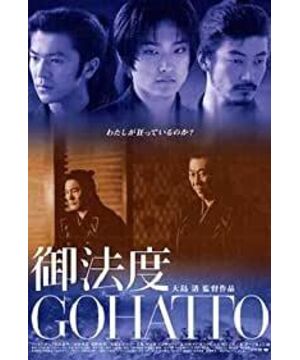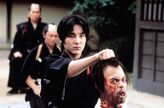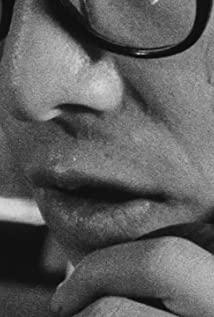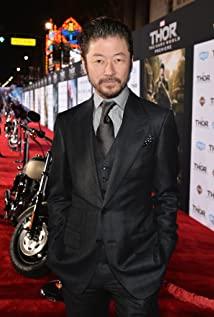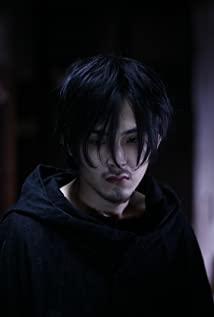Oshima Nagisa is especially good at controlling this kind of gay and masculine films. In addition to this one, there is also that "Godfado". After reading "Godfado", I almost had the idea of finding a partner like Saburo to do the common things. But "Godfadu" only expresses masculinity and conflict. Because of its simplicity, it looks good. It should be regarded as a "sensual film". In contrast, his more famous sensual film "Sensual World", I feel that there are some A bit hypocritical.
As the executioner, Saburo cut off the head of the prisoner cleanly with the sound of "ごめん". I have to watch this scene several times every time. It should be said that this scene is the climax of Saburo. Besides the beauty Ryuhei Matsuda, who was almost useless, also exerted his talents to the extreme at this moment. It should be noted that his eyes at the time were also the theme of this character - "Why do you want to be a samurai?" "Because it is legal to kill people", like this How can the wonderful dialogue not move me.
I said that "Royal Law" is good because of the classical temperament of the film, of course, this has something to do with the background of the times. And Mr. Oshima Nagisa's ability to control the lens and color is really show in this movie. Zhang Yimou opened the dyeing workshop in the palace for no reason, you just don't have that quality, even if you are a photographer.
But if you want to compare "Merry Christmas, Mr Lawrence" with "Merry Christmas, Mr Lawrence", it is a bit incomparable. It is not on the same level at all. Takeda Shinji, Matsuda Ryuhei, Asano Tadanobu are the same as Sakamoto Ryuichi, David Bowie, Kitano Wu and the others looked like a few rabbits. To put it bluntly, there was a man on one side and a boy on the other. One is playing with the mind and the other is playing with desire. The biggest difference is here.
A Sakamoto Ryuichi, a David Bowie and a Kitano Takeshi, what kind of combination is this? Two music geniuses plus a movie genius, and then let a movie master make such a schedule, it is simply a work that is so outstanding that people can't believe it. In terms of the temperament of Ryuichi Sakamoto and David Bowie, it would be more appropriate to act in this movie. The two are generally indifferent and sensitive, sharp-edged but restrained and slightly neurotic. Seeing such two people sympathizing with each other and fighting each other's talents and acting skills against a background of extremely clear contradictions and conflicts, is this kind of enjoyment over? Just like what Tang Tiezui said, "The smoke of the British Empire, the white face of the Great Japan, the two superpowers serve me alone, my luck is still small!" Inserting a young but fierce character, at least in terms of actors, this movie is perfect.
In "The Imperial Law", the most outstanding character performance is undoubtedly Kitano Takeshi. Who can play the sacred and solemn Kendo fighting like a gangster fight? That is, Kitano Takeshi, a grandfather with a very underworld spirit in his bones.
But I think that whether it is Nagisa Oshima, Ryuichi Sakamoto, or Takeshi Kitano, their spiritual roots all come from Yukio Mishima, which can also be simplified as "Worrying about the Country".
In "Worrying about the Country", Mishima pushes the "beauty of the senses" that he has always admired to the extreme. No other person can describe death and blood, body and spirit so beautifully as he does. Mishima is accustomed to confusing everything. Contradictory value system, which is why we shudder at the extreme beauty of his writing.
So let's go back to the above three people, the music of Sakamoto Ryuichi, the sensual film of Nagisa Oshima, and the violent film of Takeshi Kitano, all of which have a sense of beauty and poignancy implemented by Yukio Mishima. , Completely big man with martial feelings, but delicate and soft to the extreme. All three of them have expressed their admiration for Mishima, and the influence of Mishima is generally more thorough.
Before committing suicide, Mishima once said, "If it is accompanied by music at this time, it will be a movie", so there is no doubt that the music should come from Ryuichi Sakamoto. Ryuichi Sakamoto's charm is quite Mishima's temperament, maybe that's why he can make such poignant music with an extremely military temperament.
View more about Taboo reviews


